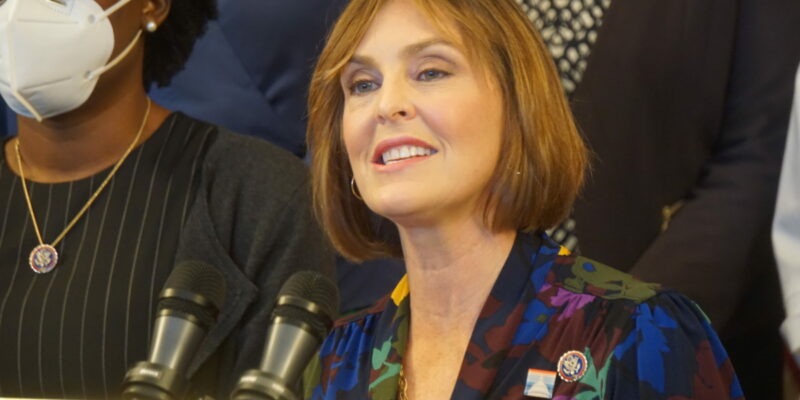Representative Kathy Castor (D-FL) spearheaded a recent letter to Meta CEO Mark Zuckerberg urging him not to move forward with the planned launch of AI chatbots for users under the age of 18 and chatbots modeled after children or teenagers.
The letter is the result of a Wall Street Journal investigation uncovering instances of underage users engaging in explicit conversations with AI chatbots, which continued to acknowledge the user was underage, even incorporating it into explicit conversations and providing advice to users on how to avoid detection by parents.
Equally disturbing is the capacity for chatbots modeled after children and teenagers to engage in such conversations with adult users.
"It is our understanding that Meta facilitates inappropriate 'romantic role-play' with these companion bots that alarms even employees of your own company," Rep. Castor said in the letter, adding, "These inappropriate AI systems pose significant safety risks to children and teenagers who use Meta's platforms. It is paramount that social media platforms such as Instagram, Facebook, and WhatsApp keep wellness, safety, and the best interests of its youngest users at the center of all designs, and we do not believe that these chatbots meet these criteria."
Moreover, Rep. Castor demanded that Zuckerberg answer multiple questions by June 6th, including factors that enable chatbots to engage in explicit conversation with known minors or allow adults to have such discussions with "child" chatbots and how they will address them, and if Meta adequately researched the mental health impacts of their chatbots.
The Florida Congresswoman further demanded all internal communication regarding the chatbots' safety risks and any concerns or objections raised by Meta employees.
"It is Meta's responsibility to facilitate an online environment that is safe, especially for your youngest users," the letter concluded.
The development of artificial intelligence (AI) has raised serious concerns in recent months, with Governor Ron DeSantis (R-FL) recently signing a new bill into law that criminalizes so-called "revenge porn" or "deepfakes," wherein sexually explicit images of a victim are created and shared without their knowledge or consent.









